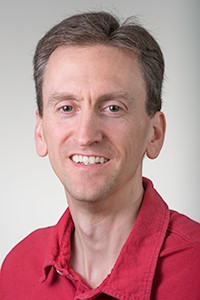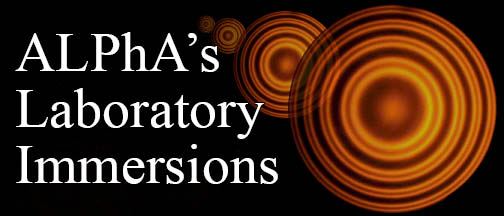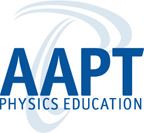- Home
- What We Do
- Laboratory Immersions
- Immersions 2019
- Imm2019UWRF_LEDasSPD
Using an LED as a Single Photon Detector
University of Wisconsin – River Falls, July 12-14, 2019, 4 setups (8 participants)

- Op-amp circuits
- Comparators (which help students understand the triggering circuits of oscilloscopes)
- Statistics of photon counting
- Semiconductor physics of avalanche photodiodes
- Quenching of pulses
- Time constants and dead time (and how to measure deadtime using time-between-events distributions)
- Temperature dependence and spectral response of the LED/SPAD
- Afterpulsing in avalanche photodiodes
Participants do not need to bring anything besides themselves, though they may want to bring some means of taking notes about their procedures, and of storing the data files they generate.
Estimated Cost:
This is a very inexpensive experiment, with the LED, comparator, and resistors costing less than a dollar per setup. An oscilloscope, circuit breadboard, and 2-3 standard lab power supplies are also needed. A decade resistor is convenient, but definitely not required. The data can be acquired using any number of data acquisition devices.

Lowell McCann is a professor at the University of Wisconsin – River Falls, where he teaches a wide variety of physics courses including Advanced Lab and Optics. He is biased toward experimental physics, and in particular toward undergraduate experiments that require students to build their setups starting with an empty table.
Lowell McCann, Univ. of Wisconsin – River Falls, Physics Dept.
410 S. 3rd St. , River Falls, WI 54022. Email: Lowell.McCann@uwrf.edu





